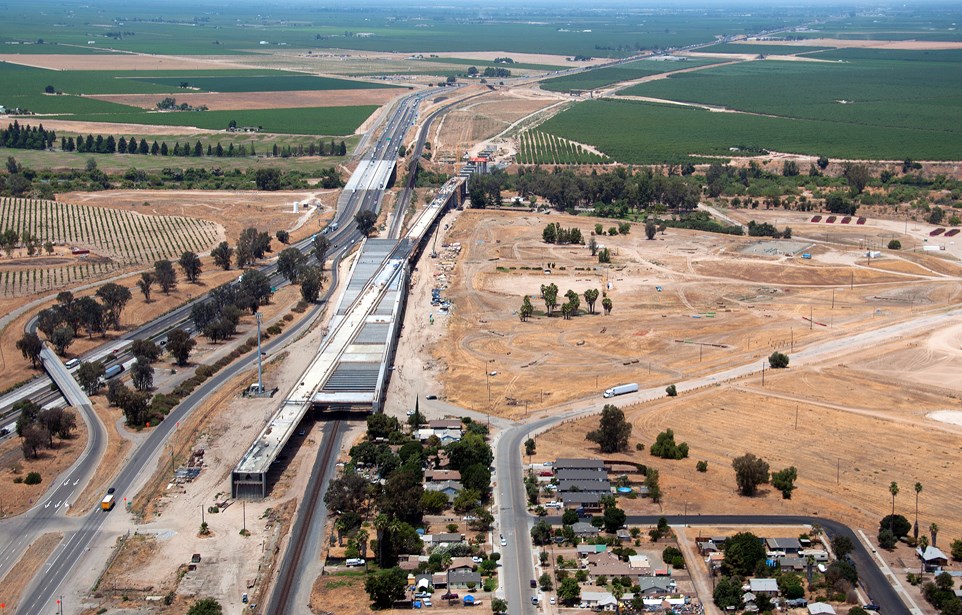- High-speed rail has the potential to transform the country, but has not succeeded in the U.S. primarily due to the lack of a dedicated funding source and an onerous permitting process, according to an NYU study. (Smart Cities Dive)
- Reece Martin predicts that North America's lackluster passenger rail system is going to hold back economic growth compared to Europe and China.
- The Conversation delves into how to turn stroads into complete streets.
- Massachusetts voters could decide whether Uber and Lyft drivers have the right to form a union. (ABC News)
- Oakland is expanding its "universal basic mobility" program that gives prepaid debit cards to low- and middle-income residents to spend on transit. (Los Angeles Times)
- Chicago transit agencies are asking for more funding but resisting efforts at administrative reform. (Sun-Times)
- Tampa is making strides on a protected two-way bike path. (That's So Tampa)
- Minneapolis is planning a pilot program to install speeding and red-light cameras. (KSTP)
- Norman, Okla. abolished parking requirements simply by changing the word "required" to "recommended" in its code. (CNU Public Square)
- Billings is drafting a new bike and pedestrian master plan. (KULR)
- Toledo is adding bike lanes but also more parking to downtown streets. (WTOL)
- Jarrett Walker talks about how he helped an Irish town double its transit service. (Human Transit)
- Berlin officials say its new longer trams will encourage drivers to leave their cars at home. (Railway Gazette)
- Berlin also built a cycle track underneath an elevated rail line. (Momentum)
Today's Headlines
Monday’s Headlines Go Through Basic Training
An NYU study looks into why the U.S. is lagging behind on high-speed rail, and one transportation expert ponders the impact on growth.

Say goodbye to California high-speed rail if Republicans win in November. Photo via CAHSRA
Stay in touch
Sign up for our free newsletter
More from Streetsblog USA
Monday’s Headlines Took the Keys Away
A demographic disaster is coming as a generation of aging suburbanites become either dangerous drivers or trapped in their homes.
Why Anti-Trans Laws Are Terrible For Transportation, Too
A disturbing new Kansas law revokes trans people's driver's licenses. Here's how it will make our communities more dangerous.
Sunbelt Cities Rank Last in National Street Safety Index
Cars and drivers continue to dominate the newest and sunniest cities in the United States.
Mass. ‘Micromobility’ Commission Recommends Improved Classification, Regulation of Motorbikes and Scooters
Among other recommendations, the commission supports expanding bikeshare systems and other micromobility options as a safer, less expensive, and more efficient alternative to driving.
Americans Demand Congress Fund Active Transportation In Next Infrastructure Bill — And Not Just The Bike/Walk Advocates
A "back to basics" surface transportation bill — as Republicans are seeking — would be devastating for road safety and small businesses.
Friday’s Headlines Take a Lot to Laugh, Take a Train to Cry
I ride on a mail train, baby. Can't buy a thrill.





